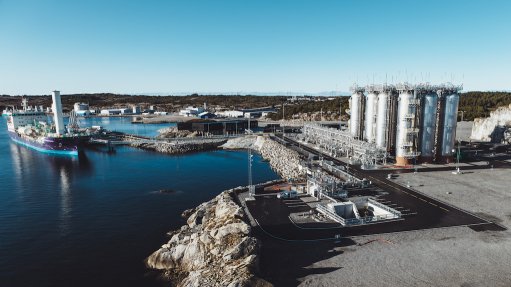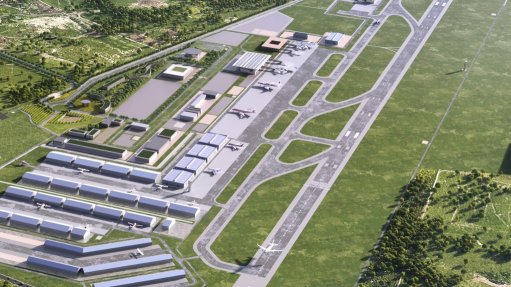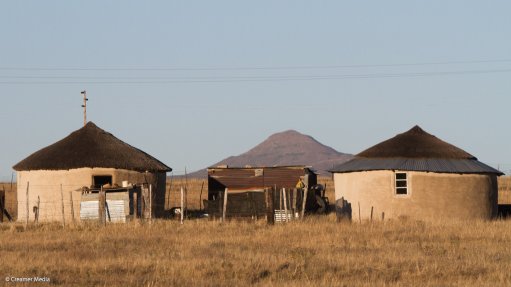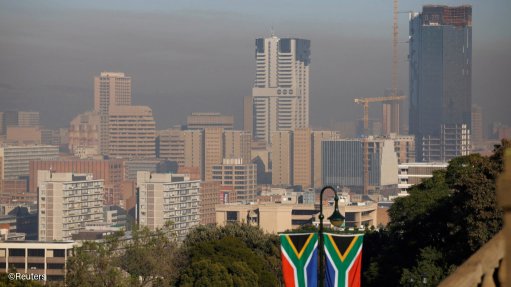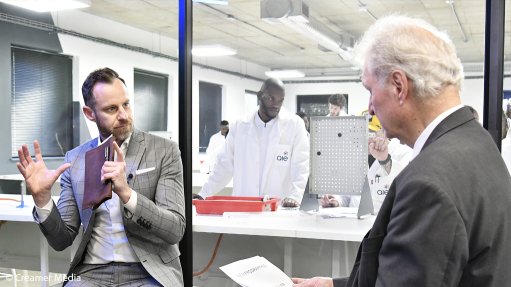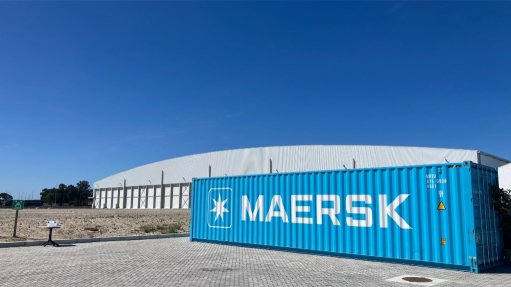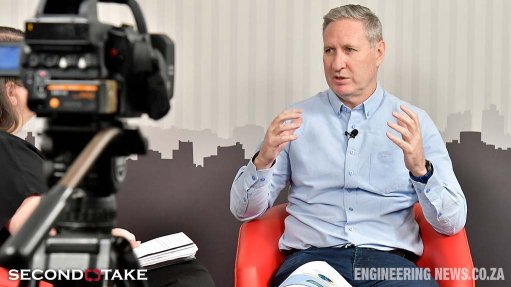Renewable-energy guide offers insight into maturing African markets


NATASHA LUTHER-JONES Facilitating the development and growth of the energy industry will help to create a virtuous cycle of energy-linked development
Global law firm DLA Piper has characterised the regulatory environments for renewable-energy projects in 12 African countries in response to developing markets on the continent, says DLA Piper Global cochair of the energy sector Natasha Luther-Jones.
Renewable-energy projects are becoming increasingly attractive investments and more generation projects are being planned or are in development. The guide details some of the key policy objectives for national governments and provides insight into current market conditions and notes some of the projects anticipated to deliver these goals.
The firm will release a second draft of the guide in November and expand it beyond the initial twelve countries of Angola, Botswana. Ethiopia, Ghana, Kenya, Mauritius, Morocco, Mozambique, Nigeria, Senegal, South Africa and Zambia.
The current guide assesses each country separately, focusing on the regulatory frameworks and regulatory gaps in each. The second edition will examine regional regulatory environments and existing bilateral and multilateral agreements pertaining to or influencing renewable-energy projects, she says.
“The generation and distribution of electricity are fundamental to unlocking economic potential, with the development of renewable-energy projects and innovative electricity distribution strategies of central importance to the delivery of economic and sociopolitical objectives of governments.
With more African governments implementing legal reforms to stimulate renewable-energy development programmes, there are significant opportunities for investors, developers and operators across the renewable- energy sector on the continent, adds Luther-Jones.
“The current guide provides a valuable reference tool for anyone who has an interest in renewable-energy projects in these countries. Energy is a key sector for us and, combined with our long-established presence on the continent, it means that we are well placed to advise clients on this complex area.”
Additionally, liberalisation and the relaxation of regulations are helping to improve opportunities, albeit as part of a slow process. The commitment of large multinational companies to buy energy for their operations from sustainable sources worldwide is also expected to provide more demand for renewable energy in Africa, she says.
“For renewable energy to take off in Africa, legislative changes should be fostered by countries to allow for the direct sale and purchase of electricity, not only through a State electricity supplier, to ensure security of demand and supply.
This will support the development of the industry by lowering investment barriers, while the availability and security of supply of electricity will stimulate growth that will improve the market for electricity producers, explains Luther-Jones.
DLA Piper South Africa director Jamie MacDonald adds that energy trading holds great potential to firm up electricity supply and demand security, but that the industry must mature more to realise this potential.
“Certain capacities need to be reached within markets to allow for sustainable energy trading and the formation of regional power pools. However, there are many generating assets under construction and in planning that can contribute to this idea, which remains at a very early stage.”
Despite some uncertainty, interest from energy project developers in the 12 countries remains strong, as indicated by the cadence of questions DLA Piper receives on energy-related matters, he adds.
“Facilitating the development and growth of the energy industry will help to create a virtuous cycle of energy-linked development that reinforces itself. The guide provides a snapshot of the legislative framework in these 12 countries and highlights some of the commercial opportunities and opportunities to improve regulations in line with international best practice,” concludes Luther-Jones.
Article Enquiry
Email Article
Save Article
Feedback
To advertise email advertising@creamermedia.co.za or click here
Comments
Press Office
Announcements
What's On
Subscribe to improve your user experience...
Option 1 (equivalent of R125 a month):
Receive a weekly copy of Creamer Media's Engineering News & Mining Weekly magazine
(print copy for those in South Africa and e-magazine for those outside of South Africa)
Receive daily email newsletters
Access to full search results
Access archive of magazine back copies
Access to Projects in Progress
Access to ONE Research Report of your choice in PDF format
Option 2 (equivalent of R375 a month):
All benefits from Option 1
PLUS
Access to Creamer Media's Research Channel Africa for ALL Research Reports, in PDF format, on various industrial and mining sectors
including Electricity; Water; Energy Transition; Hydrogen; Roads, Rail and Ports; Coal; Gold; Platinum; Battery Metals; etc.
Already a subscriber?
Forgotten your password?
Receive weekly copy of Creamer Media's Engineering News & Mining Weekly magazine (print copy for those in South Africa and e-magazine for those outside of South Africa)
➕
Recieve daily email newsletters
➕
Access to full search results
➕
Access archive of magazine back copies
➕
Access to Projects in Progress
➕
Access to ONE Research Report of your choice in PDF format
RESEARCH CHANNEL AFRICA
R4500 (equivalent of R375 a month)
SUBSCRIBEAll benefits from Option 1
➕
Access to Creamer Media's Research Channel Africa for ALL Research Reports on various industrial and mining sectors, in PDF format, including on:
Electricity
➕
Water
➕
Energy Transition
➕
Hydrogen
➕
Roads, Rail and Ports
➕
Coal
➕
Gold
➕
Platinum
➕
Battery Metals
➕
etc.
Receive all benefits from Option 1 or Option 2 delivered to numerous people at your company
➕
Multiple User names and Passwords for simultaneous log-ins
➕
Intranet integration access to all in your organisation








